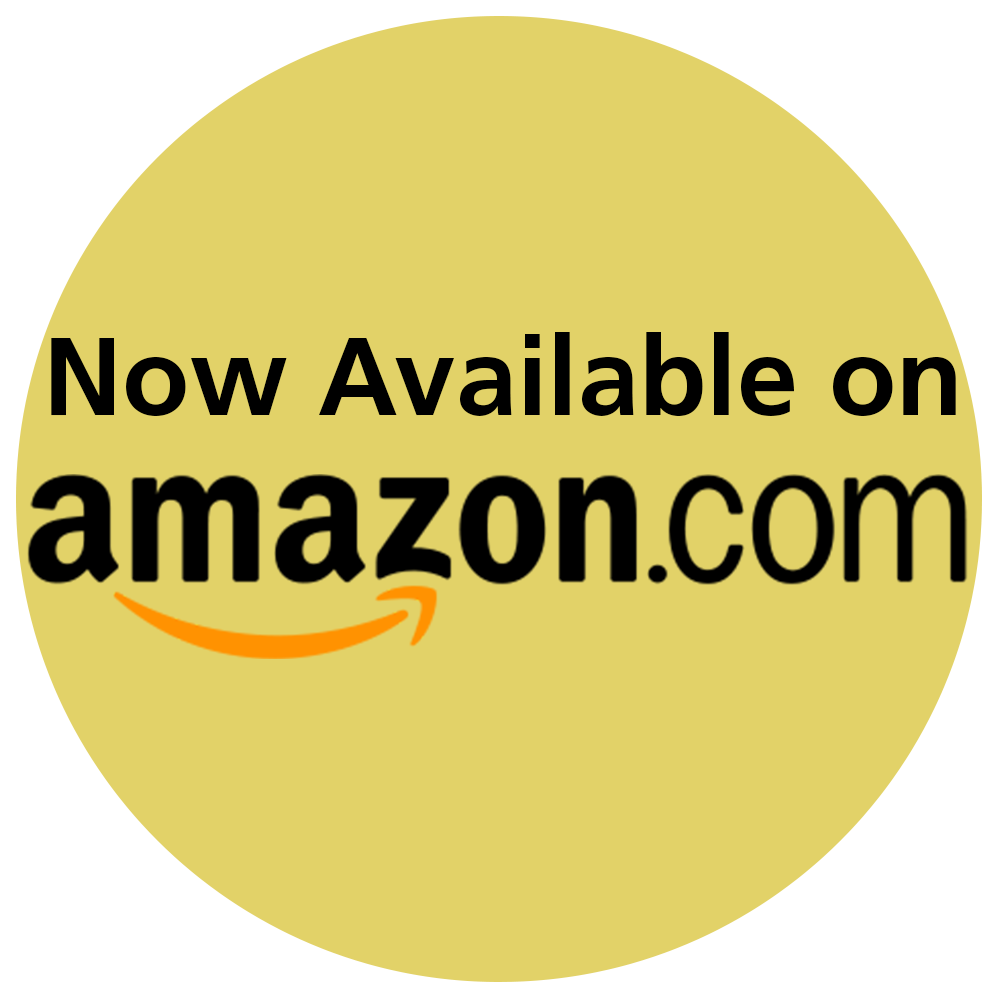For the first time in years our nation is engaged in a public discussion about the easy availability of guns, guns that kill 86 Americans every day, eight of them children. The discussion persists. It won’t go away, and it shouldn’t. The faith community, in the thick of this discussion, brings to it a unique, pained and powerful voice based on its wrenching first-hand witness: They bury the dead; they hold the hands and shaking shoulders of grieving parents; they help to re-stitch torn families; they comfort frightened siblings.
As Director of the 14 California City Violence Prevention Network, and in my 20-year career as President of the National Crime Prevention Council, I have seen the faith community engage in a variety of ways -holding peace marches, convening truce talks among warring gangs, preaching sermons on preventing violence, mentoring kids, running afterschool and recreation programs, sitting on citywide task forces.
Except for preaching, others, whether faith-based or not, can do this important work. But unique to the faith community is this: They can (and must) persistently ask, not “What are your policies,” but “what are your values? On what basis are you voting and acting? What will you tell your God – that you voted to protect your seat, not the children?”
One Congressman said, “If the gun control vote were taken in secret, these gun control measures would soar through.” So it comes down to courage – what one is willing to risk. It is the faith community that must get to that secret place, a place where the source of our actions lies, speak to it and then infuse us with courage to do the right thing. As many would do the right thing in the dark, the role of the faith community is to instill courage to do the right thing in the light. Faith’s question is: “What is your core?”
The one consistent message heard in churches, synagogues, mosques and temples throughout the world is this: feed the hungry, clothe the naked, care for the widow, nurture and protect children. Not “What did you do for you,” but “what did you do for them, the most vulnerable, the least of these?”
Maybe the question is even simpler: “What will you tell your children, your grandchildren – that you voted to protect yourself or children?”
The faith community has three tasks:
- make every attempt to find and elicit our better angels;
- give us courage to speak out, to talk with those who represent us politically
- convince our religious leaders to act, to speak out.
Abraham Heschel, one of the towering theologians of the 20th Century said this in his book “Moral Grandeur and Spiritual Audacity:” In a free society, some are guilty, but all are responsible.” He also said when marching with Martin Luther King in Selma, “I felt my legs were praying.”
The core of the word courage is Latin; it means heart. The role of the faith community? Give us a right heart, a righteous heart, a heart that will in turn, move our legs.
For the first time in years our nation is engaged in a public discussion about the easy availability of guns, guns that kill 86 Americans every day, eight of them children. The discussion persists. It won’t go away, and it shouldn’t. The faith community, in the thick of this discussion, brings to it a unique, pained and powerful voice based on its wrenching first-hand witness: They bury the dead; they hold the hands and shaking shoulders of grieving parents; they help to re-stitch torn families; they comfort frightened siblings.
As Director of the 14 California City Violence Prevention Network, and in my 20-year career as President of the National Crime Prevention Council, I have seen the faith community engage in a variety of ways -holding peace marches, convening truce talks among warring gangs, preaching sermons on preventing violence, mentoring kids, running afterschool and recreation programs, sitting on citywide task forces.
Except for preaching, others, whether faith-based or not, can do this important work. But unique to the faith community is this: It can (and must) persistently ask, not “What are your policies,” but “what are your values? On what basis are you voting and acting? What will you tell your God – that you voted to protect your seat, not the children?”
One Congressman said, “If the gun control vote were taken in secret, these gun control measures would soar through.” So it comes down to courage – what one is willing to risk. It’s the faith community’s job to get to that secret place, a place where the source of our actions lie, to get to it and then infuse it with courage to do the right thing. As many would do the right thing in the dark, the role of the faith community is to instill courage to do the right thing in the light. Faith’s question is: “What is your core?”
The one consistent message heard in churches, synagogues, mosques and temples throughout the world is this: feed the hungry, clothe the naked, care for the widow, nurture and protect children. Not “What did you do for you,” but “what did you do for them, the most vulnerable, the least of these?”
Maybe the question is even simpler: “What will you tell your children, your grandchildren – that you voted to protect yourself or children?”
The faith community has three tasks:
• make every attempt to find and elicit our better angels;
• give us courage to speak out, to talk with those who represent us politically
• convince our religious leaders to act, to speak out.
Abraham Heschel, one of the towering theologians of the 20th Century said this in his book “Moral Grandeur and Spiritual Audacity:” In a free society, some are guilty, but all are responsible.” He also said when marching with Martin Luther King in Selma, “I felt my legs were praying.”
The core of the word courage is Latin; it means heart. The role of the faith community? Give us a right heart, a righteous heart, a heart that will in turn, move our legs.



Leave a Reply